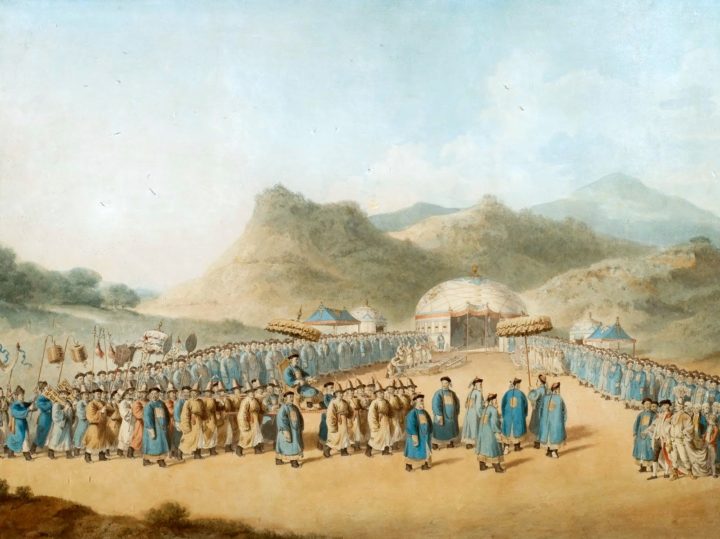On July 22, the Texas Tribune reported that the Trump administration had ordered the closing of Houston’s Chinese Consulate. The Chinese Government retaliated by closing the US consulate in Chengdu, the capital of China’s southwest Sichuan province. Chengdu was an important diplomatic outpost for the US, covering a large swath of the country, including the controversial Tibetan Autonomous Region. Before these consulate wars, the biggest tension between the two countries had been the 5G network, as Chinese telecom giants Huawei and ZTE now control about 40% of the global 5G infrastructure market. US Attorney General William Barr said in a speech at a conference in Washington that allowing China to establish 5G dominance was not only a “monumental danger,” as Beijing could use the technology for monitoring and surveillance, but that “the stakes are far higher than that.” Mr. Barr said it was the first time in history that the United States was not the leader in a major technological sector that will underpin future innovation. This line, coming from the Attorney General of the most capitalist country in the world, is amazing. After all, isn’t competition the idea of the game?
This situation, however, has much more to do with culture than money and capitalism. On one side we have what I call the White-West who has been dominating and controlling most of the world for over two centuries, imposing its values, religion, and social and economic structures through use of violence in all forms. On July 29, Pressenza published this article “‘We Will Coup Whoever We Want’: Elon Musk and the Overthrow of Democracy in Bolivia,” which demonstrates the attitude behind this aggression. In Asia we have China, with four thousand years of civilization, who has became the 2nd largest economic power in the world in 20 years, taking leadership on new technology, green energy and partnering with over 70 countries on a New Silk Road initiative. Charles Parton, a former EU diplomat in China, told the Financial Times, on June 2017. There’s no doubt that China is growing into a geopolitical heavyweight, stepping into the breach left by the United States on matters of free trade and climate change. “As some Western countries move backwards by erecting ‘walls’, China is contriving to build bridges, both literal and metaphorical,” ran a recent commentary by Xinhua, a Chinese state-run media agency.
The dynamic of those two cultures have totally transformed — closed and introverted China has become much more open and looking to partner at the world level, while the White-West is closing these doors and becoming introverted, as seen by Brexit in UK and in the US by the wall with Mexico, leaving the Paris agreement, quitting the WHO, and so on.
What is happening between the White-West and China will impact the future of humanity and therefore concerns us all. We cannot afford to enter into another Cold War, with rising tensions and countries around the planet being forced to choose a side. We have to find a way to move beyond cultural dominance — the pattern for thousands of years of human history — and into an era of cultural cohabitation and cooperation. It is a moment where every culture will have a part to play, but each will also need to be open to change. To move in this direction, there are few questions that need to be answered: 1) Can we see the White-West co-existing with other cultures as peers?; 2) How could we animate other cultures,such as the indigenous, Muslim, Indian communities to take on more of a leadership role?; and 3) What is it in my culture that needs to change to help the rest of humanity?
If there was a moment to fully implement the proposal of a Universal Human Nation, it would be right now. For this, we need to define well how cultures will interact and partner between each other. It not a question of money, markets or anything like that, these are secondary issues, but rather it is about having a strong image of the future where cultures will understand, trust, work, partner with each other and commit to resolve any conflict without the use of violence.










